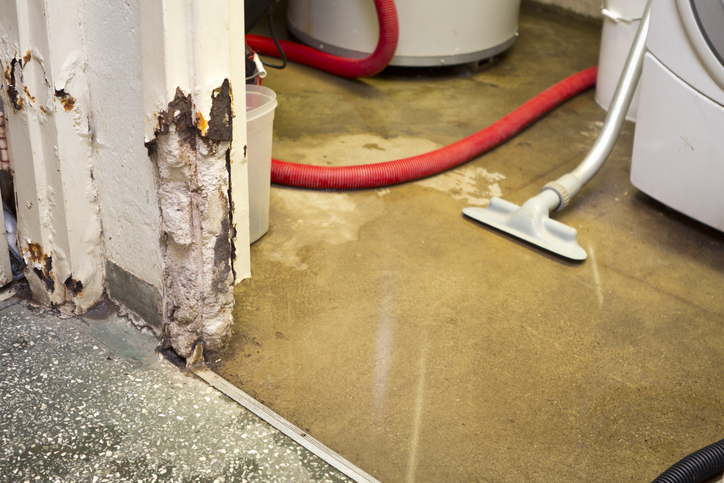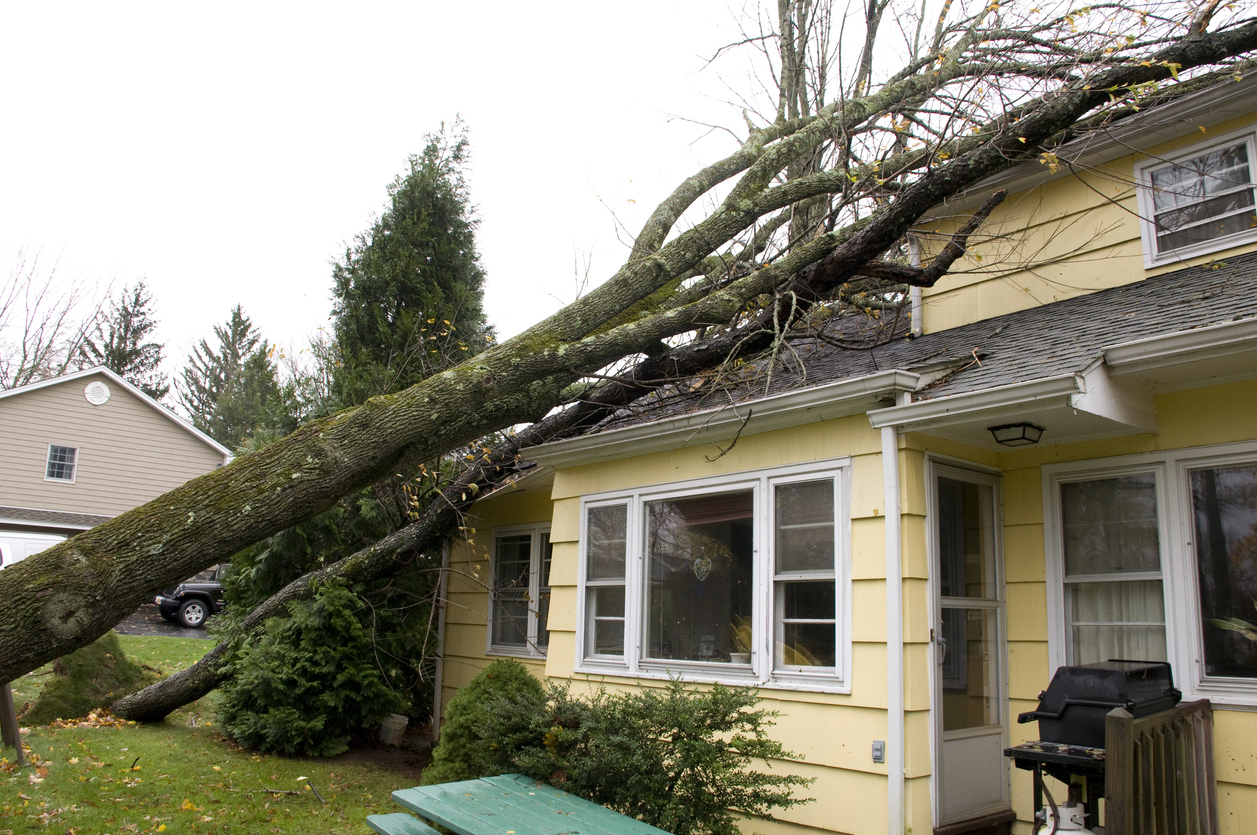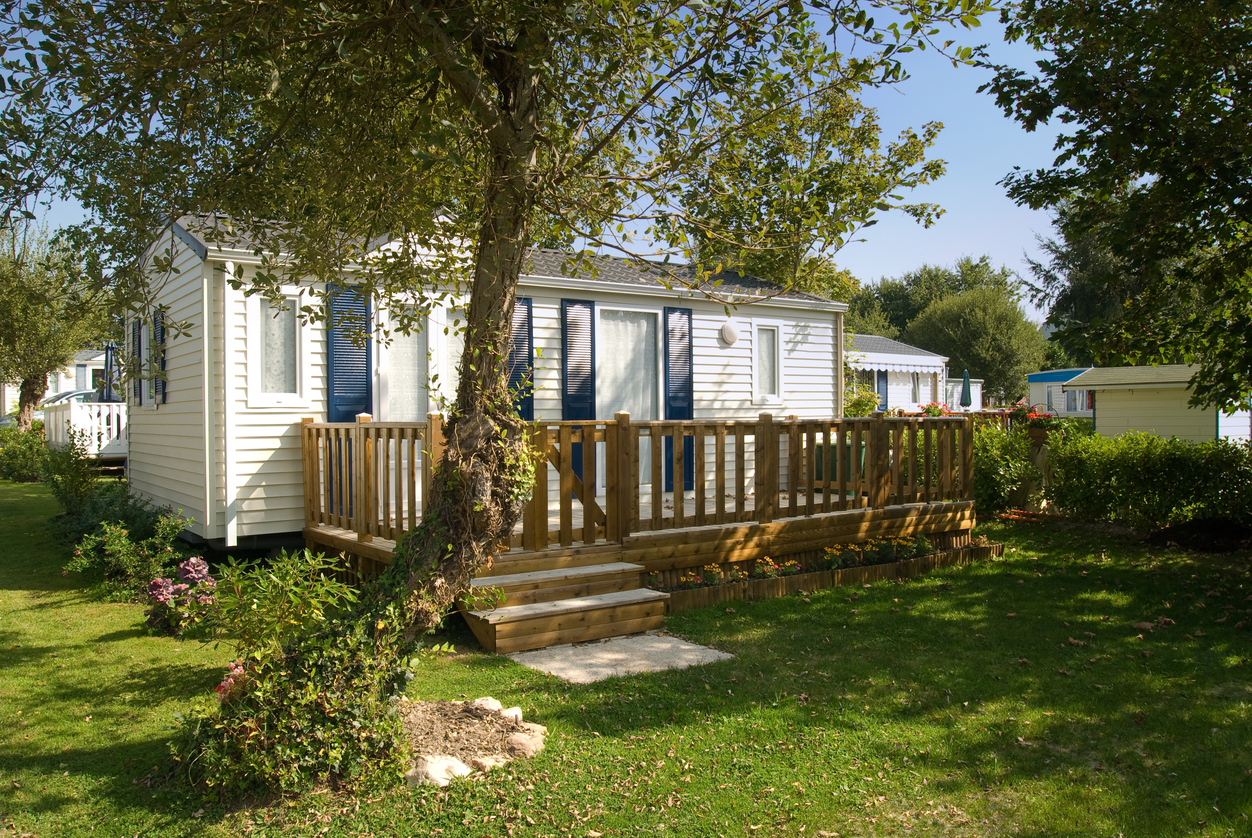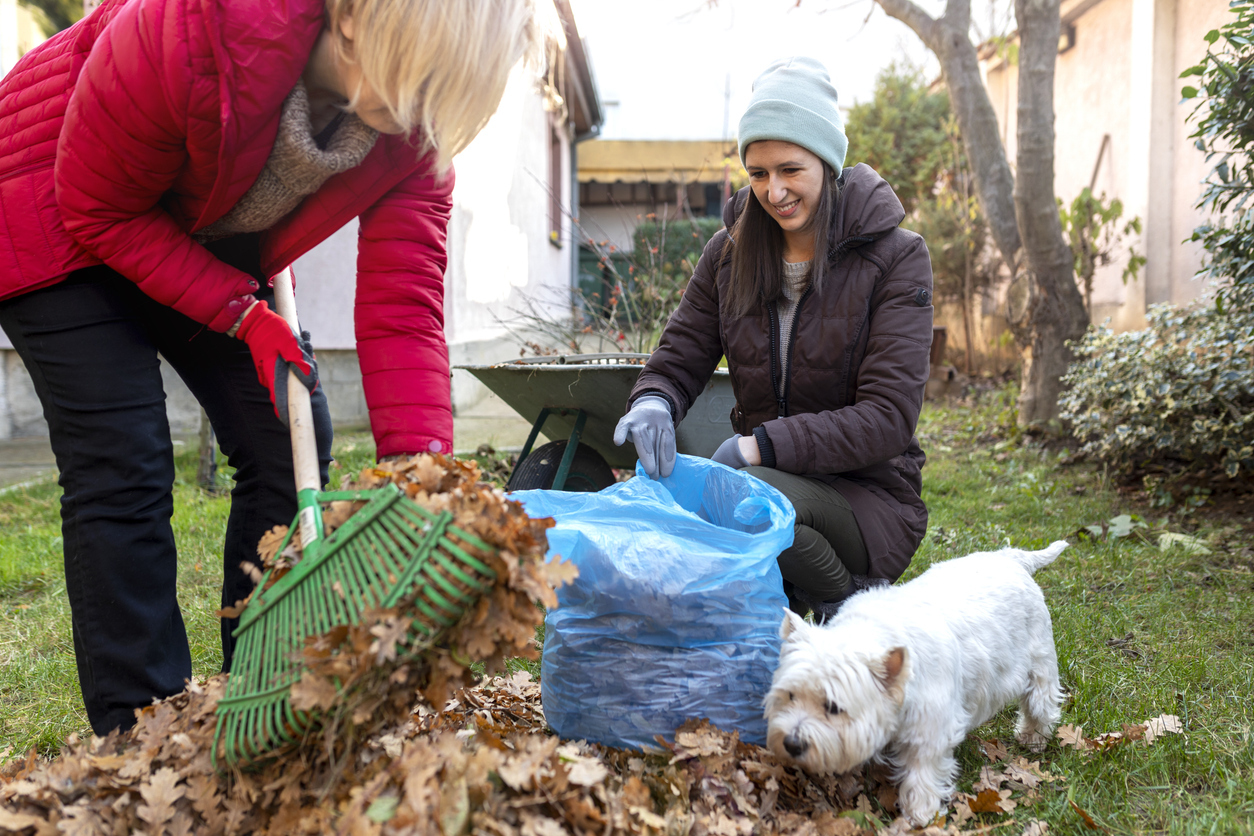Tips to Prevent Basement Flooding.
Spring is here! But that means rain.
When Spring comes in Nova Scotia, we all know what else comes with it. Lots and lots of rain! Like many people, you might be worried about water damage to your home. Just for you, we’ve put together some essential things to know about water damage to your home, what you can do to prevent it, and what is covered by your home insurance policy.
Let’s start with some numbers (fun, right?)
The Insurance Bureau of Canada (IBC) has reported that homeowner insurance premiums have increased 20-25% in the last 5 years. 15% of that increase is due to the growing amount of water damage claims.
From 1983-2008, the average annual payout for extreme weather-related losses was $405 million per year.
From 2009 to 2018 that average was 1.8 billion per year!
The average cost of repair to a homeowner whose basement has flooded is $43,000 in Canada.
Is there more flooding than there used do to be?
The short answer is, yes. Rainfall levels are expected to rise continuously in Canada as a result of climate change, causing more flooding in homes and businesses. In Nova Scotia, infrastructure is also aging, meaning many older homes are more susceptible to floods. A lot of households also do not have any flood protection systems in their home, meaning that when there is damage, it is often worse than it has to be. All of these factors, among others, contribute to an increase in basement flooding in residential homes.
Some common places where basement leaks can start:
- Crack in the foundation wall
- Cracks and gaps around basement windows and doors
- Clogged or damaged sewer pipes
- Plugged drain tiles
- Floor drain
- Cracks in the floor
- Over the top of the foundation wall
- Closed or defective backwater valve
- Ruptured lines
DON’T FORGET! If you are going to be away from your home for a prolonged period of time, make arrangements to have somebody checking in on your home on a regular basis. Failure to do so can result in a claim being denied.
The best things you can do to reduce flood risk in your basement.
There are a lot of things you can do at home to keep your basement from flooding. The good news is that most of these solutions or free or very cheap. A little elbow grease can save you a lot of headache and money in the long run!
Things You Can Do Outside the Home to Prevent Flooding.
- Remove debris from the storm drain nearest to your home. Storm drains can get clogged with leaves and other debris. Regularly clearing any obstructions will prevent water from pooling on your property and potentially flooding your basement.
- Correct grading around your foundation. You want water to flow away from your home at least 6 feet to prevent water seeping through your foundation or entering through damaged window seals.
- Clean eaves troughs and gutters. Eaves and gutters that are clogged with leaves will cause water to pool and risk entering your home. Make sure your eaves troughs and gutters and cleared of debris and the downspout extends at least 6 feet from your foundation.
- Install window wells & covers. Covering basement window wells prevents water from entering your home though potentially damaged seals. A simple plastic cover is easy to install and can prevent significant damage.
Things You Can Do Inside the Home to Prevent Flooding.
- Ensure floor drains are clear from obstructions. You want to make sure water can flow easily through any basement floor drain.
- Keep anything valuable or hazardous in waterproof containers. This can reduce the severity of damage if you do experience basement flooding. Some items to store off the ground include electronics, paint, cleaning materials, and fuel tanks.
- Install a backwater valve. This very simple and inexpensive solution prevents water from flowing back into your home’s drain pipes.
- Inspect and repair plumbing fixtures regularly. Damaged or improperly installed plumbing fixtures can leak or rupture causing significant damage. Regular visual inspection can avoid a lot of preventable damage.
- Install flood alarms. Another inexpensive solution that uses sensors to sound an alarm if it detects water in the home. Many of these devices are wifi & smart home enabled, meaning you can get alerts of any water leakage even when you are away from your home or cannot visually detect an area where water might be leaking.
CHEEP TIP: If you’ve installed any water protection or detection devices in your home, don’t forget to contact us to see if you are eligible for any discounts!
Review your policy coverage.
There are many types of water damage coverage, it can be a lot to sort out. Make sure you review your policy details to see what you are covered for, and make sure the limits of coverage are enough to ensure your peace of mind. You can purchase additional water damage coverages for things like sewer back-up and overland water damage coverage.
If you are a Cheep Insurance client and you want to review your home insurance policy to make sure you have all the coverage you need, and that you understand what you are and aren’t covered for, contact our friendly support team via phone at 1-866-922-4337 or via email at [email protected].







 Most policies insured with Cheep Insurance are Agency Bill/IFS financed policies. You can determine who manages your payments by following the directions below. If you are still not sure who manages your payments, call our team as funds paid directly to the insurance company when they should go to IFS will cause large delays.
Most policies insured with Cheep Insurance are Agency Bill/IFS financed policies. You can determine who manages your payments by following the directions below. If you are still not sure who manages your payments, call our team as funds paid directly to the insurance company when they should go to IFS will cause large delays.